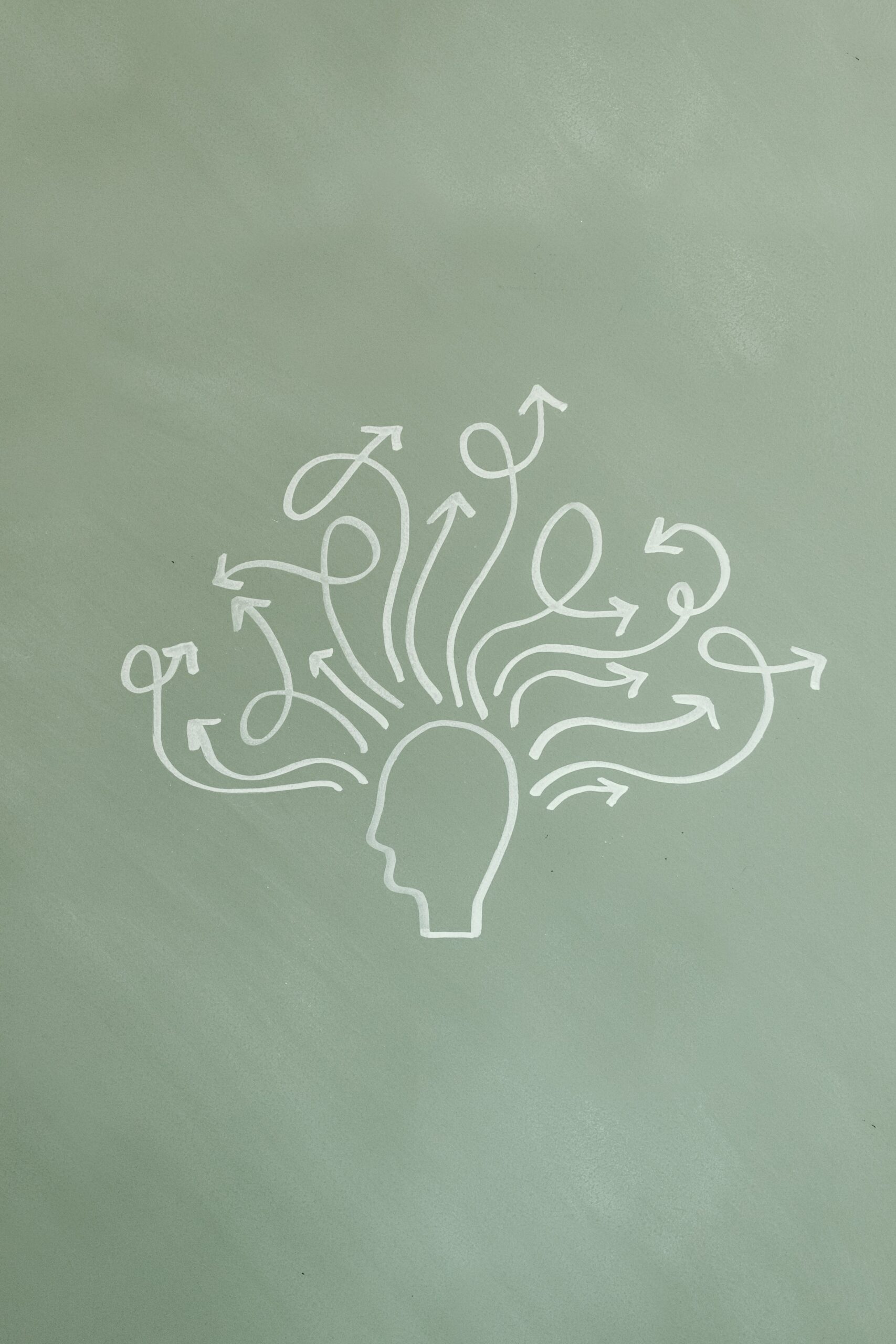So you are about to start DBT and your therapist just told you that you’re entering pre-treatment. You may be thinking, “What do you mean I’m in pre-treatment? I just started seeing you!” You are absolutely correct; you may have just started to see your therapist and are thinking about doing comprehensive DBT. So take a deep breath and let’s talk about what pre-treatment is.
 Pre-treatment happens before you start comprehensive DBT and the purpose of it is to determine if DBT is the best fit for you. Its other purpose is to get your commitment to do DBT. You don’t have to be excited about doing DBT; it’s hard and it is a big time and financial commitment, but you do have to be willing to do it. Pre-treatment is kind of like a trial period. If you don’t like what you are learning, this is the time to back out, before you have made a commitment and have to four miss out of treatment. This will usually take 4-5 sessions and once you are done with pre-treatment, you won’t have to do it again.
Pre-treatment happens before you start comprehensive DBT and the purpose of it is to determine if DBT is the best fit for you. Its other purpose is to get your commitment to do DBT. You don’t have to be excited about doing DBT; it’s hard and it is a big time and financial commitment, but you do have to be willing to do it. Pre-treatment is kind of like a trial period. If you don’t like what you are learning, this is the time to back out, before you have made a commitment and have to four miss out of treatment. This will usually take 4-5 sessions and once you are done with pre-treatment, you won’t have to do it again.
In pre-treatment, your therapist is orienting you about what DBT is, how it was founded, what the skills are, and many other things. Pre-treatment can be frustrating since it is a lot of your therapist teaching you things and processing or learning new skills aren’t the main focus. If you notice yourself getting frustrated during this process, tell your therapist! They will understand and together you can come up with a solution that is hopefully effective for everyone. There are a lot of things for you to know since one of the goals of DBT is for you to become your own DBT therapist. The order of when things are done in pre-treatment is entirely up to you and your therapist, but here is what you will be going over during pre-treatment.
Background of DBT and Modes of Treatment: How and why DBT was created and the different modes of treatment that make up comprehensive DBT. The modes of treatment are individual therapy, skills training, phone coaching, and consultation team.
Goals of Therapy: What do you want to get out of DBT and therapy? It is helpful to think of behaviors (thoughts, emotions, and actions) you want to decrease and behaviors you want to increase.
Life Worth Living Goals: Goals you want to achieve that make life worth living. These are often more long term or overarching goals.
Target Hierarchy: Specific behaviors that you and your therapist are targeting or focusing on because they are getting in the way of you reaching your goals. In the target hierarchy, there are 3 different levels:
- Life-threatening behaviors: behaviors that could be a threat to you being alive, like suicidal ideations or non-suicidal self-injury.
- Therapy interfering behaviors: things that get in the way of therapy being the most effective, like being late or not doing your diary card.
- Quality of life interfering behaviors: things that get in the way of your quality of life, like being anxious, depressed, sleeping habits, eating habits, etc.
That DBT is…
- Supportive
- Behavioral
- Cognitive
- Skill-oriented
- Balances acceptance and change
- Requires a collaborative relationship
Biosocial Theory: DBT’s theory behind emotion dysregulation. The biological component being genetic makeup and predisposition to having a higher sensitivity to emotions. The invalidating environment teaches you inconsistent emotional expression and invalidation of private emotional experiences. How your biology and environment interact and influence your behavior.
Diary Card: A way to track your target behaviors and to free up time in session to talk about the things you want to talk about. This also helps track your progress!
Phone Coaching: This is used to bridge the gap between sessions and to help generalize skill usage. Learning how and when to use it.
Behavioral Chain Analysis: Getting a clear understanding of what causes a target behavior and coming up with solutions for preventing it in the future.
Client and Therapist Agreements: This is usually the last part of pre-treatment. Where you agree to do DBT. Your therapist is also making commitments to you, such as making every reasonable effort to help you and getting support when they need it.
About the Author
Robyn Williams (she/her), M.A., LPC is a Licensed Professional Counselor who specializes in dialectical behavior therapy. Robyn works with teens and adults in a compassionate judgment-free manner to meet clients where they are in life. Robyn helps her clients develop the tools they need in order to live their life worth living, and find what means most to them. Robyn believes that while therapy can be intimidating at times, it can be a conduit for personal growth. Click here to learn more about Robyn’s experience and therapeutic approach.

